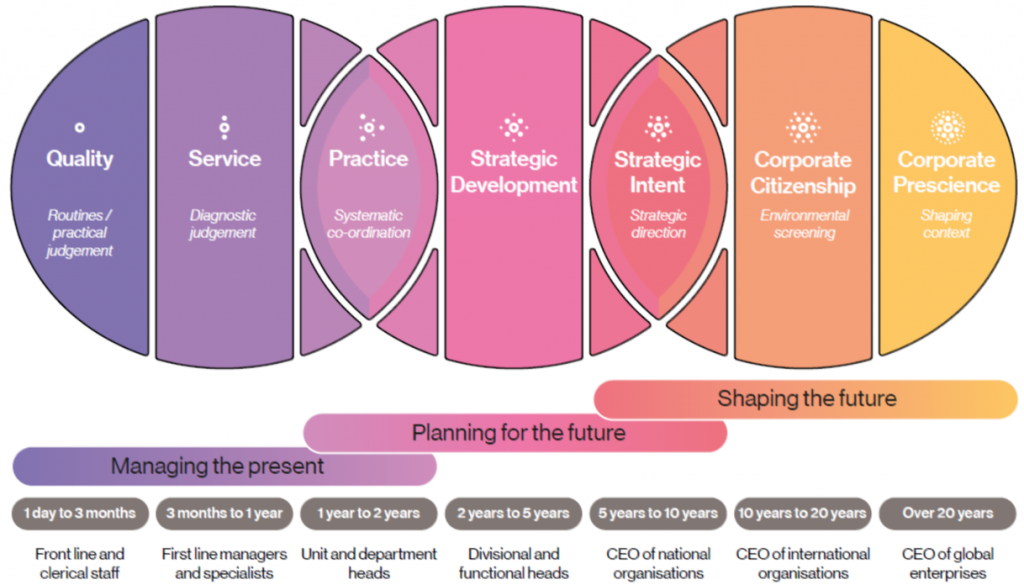Do Your Employees Make ‘Good’ Decisions?
Paul Leibowitz
Director
Bioss South Africa
Do your employees make good decisions?
We all know the potential consequences of making a bad decision at work – wastage of time, money, and other resources; a tarnished reputation; missed opportunities.
We also know that decision-making is an integral part of organisational life. Employees, managers, and leaders are required to make decisions every day. The more effective their decision-making, the more successful they – and the organisation – will be.
Decision-Making and Themes of Work
At Bioss, we look at decision-making in the context of 7 Themes of Work. Each theme differs in terms of its complexity and decision-making capability requirements.

For example, for employees who work in Quality roles (Front Line and Clerical Staff), decisions are made in the context of little to no uncertainty, where most if not all the information to make a good decision is available, and where they are considering an impact up to three months in the future.
In contrast, when CEOs make decisions, they do so in the context of great uncertainty and complexity. To make a ‘good decision,’ they rely on judgment and insight rather than known data, detailed knowledge, skill, experience, and prescription. Thus, the use of judgement is increasingly pronounced at the more complex themes of work, but it is nevertheless exercised at all themes, just at varying degrees.
The implication of the Themes of Work Model is that the different themes require different decision-making capabilities. Thus, from a selection perspective, if an employee with the decision-making capability associated with the Quality theme of work is placed in a Service role, then that individual is unlikely to make effective decisions, as the uncertainty and complexity will be too great. The consequences will likely be poor decision-making and low levels of engagement (flow) and performance.
So how do you ensure that your employees will make good decisions?
At Bioss, we use several capability tools to achieve this. Our capability tools, namely the Career Path Appreciation, Modified Career Path Appreciation, IRIS and MCPA-SCAN, are interview methodologies that allow us to determine an individual’s decision-making capability. By interpreting the results of these assessments, we can determine at which Theme of Work the individual will be engaged, experience ‘flow’, and make ‘good’ decisions, both now and in the future, thus supporting our clients to enhance the quality of decisions made at all organisational levels by ensuring that the right people are in the right roles at the right time.
The original version of this post can be found here.
